

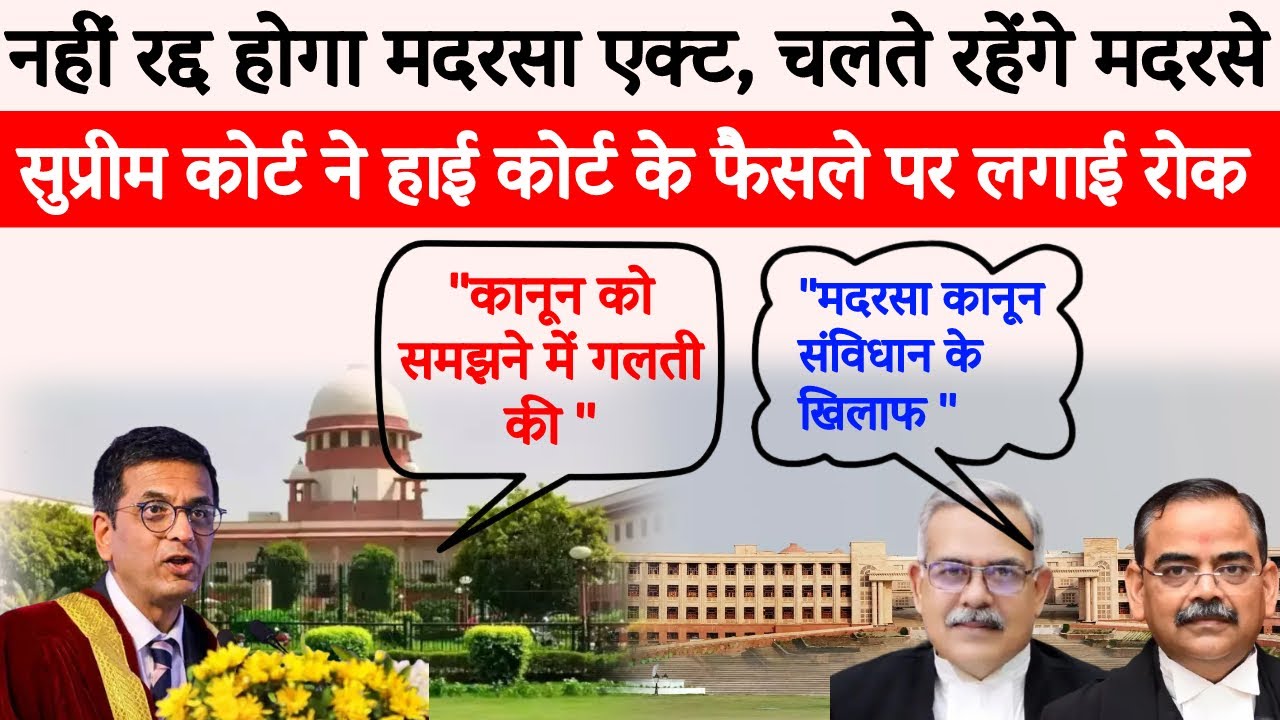
The Supreme Court is set to announce its verdict on pleas challenging the Allahabad High Court's declaration of the Uttar Pradesh madrasa law as unconstitutional. The High Court had deemed the law violative of secular principles and ordered the state government to integrate madrasa students into the formal schooling system. While the CJI has expressed concerns about siloing minorities, the court is also considering the need for regulation and mainstreaming of madrasas for the national interest.
Madrasa Education in Uttar Pradesh: Legal Battles and Implications
The Supreme Court of India is poised to deliver its verdict on a series of petitions challenging the constitutionality of the Uttar Pradesh Madrasa Education Board Act, 2020. The Allahabad High Court had earlier struck down the law as unconstitutional, citing its violation of secular principles. This landmark case has sparked a debate over the role of madrasas in India and the need for their integration into the mainstream education system.
Background
Madrasas, traditional Islamic religious schools, have been in existence in India for centuries. They play a significant role in imparting religious education and preserving Islamic traditions. However, the lack of regulation and oversight has raised concerns about the quality of education provided in many madrasas.
In 2020, the Uttar Pradesh government passed the Madrasa Education Board Act, which aimed to regulate and integrate madrasas into the state's education system. The Act required madrasas to register with the government and follow its curriculum and teaching methods. However, it was challenged in court by various organizations, including the All India Muslim Personal Law Board, which argued that it violated religious freedom and constitutional guarantees.
Allahabad High Court Ruling
In March 2023, the Allahabad High Court declared the Uttar Pradesh Madrasa Education Board Act unconstitutional. The Court held that the law violated the fundamental right to education enshrined in Article 21A of the Constitution. It further argued that the Act was discriminatory against minorities and created a divide between madrasa and non-madrasa students.
Current Developments and Future Implications
The Supreme Court is expected to announce its verdict on the appeals against the Allahabad High Court ruling soon. The outcome of the case will have far-reaching implications for madrasa education in Uttar Pradesh and potentially across India.
If the Supreme Court upholds the High Court's ruling, it will strengthen the argument for the integration of madrasas into the mainstream education system. It may also lead to a more stringent regulation of madrasas to ensure that they meet certain quality standards.
However, if the Supreme Court overturns the High Court's decision, it could reinforce the autonomy of madrasas and preserve their traditional curriculum and teaching methods. It may also raise concerns about the role of religious education in a secular society.
Top 5 FAQs and Answers:
1. What is the controversy surrounding madrasa education in Uttar Pradesh? The controversy centers around the regulation and integration of madrasas into the state's education system. Some argue for stricter regulation to improve quality, while others advocate for preserving madrasa autonomy.
2. What was the Allahabad High Court's ruling on the Uttar Pradesh Madrasa Education Board Act? The High Court declared the Act unconstitutional, citing its violation of secular principles and discrimination against minorities.
3. What is the Supreme Court expected to rule on? The Supreme Court is considering appeals against the High Court ruling and will decide whether to uphold or overturn it.
4. What are the potential implications of the Supreme Court's verdict? The verdict could either reinforce madrasa autonomy or strengthen the case for their integration into the mainstream education system.
5. How does madrasa education differ from regular schooling? Madrasas primarily focus on religious education and Islamic traditions, while regular schools provide a broader curriculum that includes secular subjects.
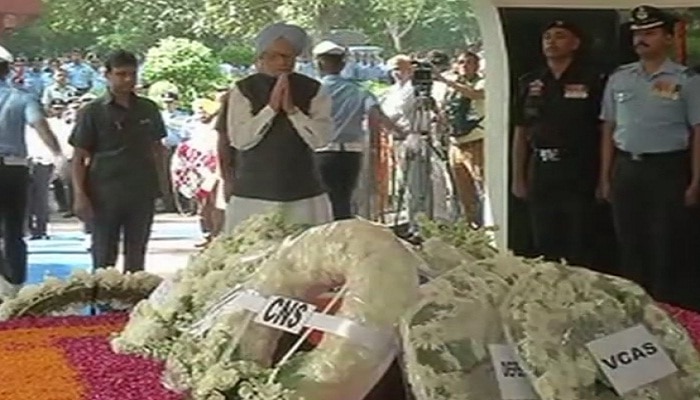
Former Indian Prime Minister Manmohan Singh passed away on December 17th, and today his funeral will be held at Nigambodh Ghat in Delhi. Manmohan Singh, who served as the country's Prime Minister for two terms, was respected by all political parties for his leadership skills and contributions to the nation. Heavy rain and snowfall have been recorded in Delhi and nearby states, creating challenging weather conditions for the funeral ceremony. Despite this, many political and public figures are expected to pay their respects to the former Prime Minister as he is cremated today.
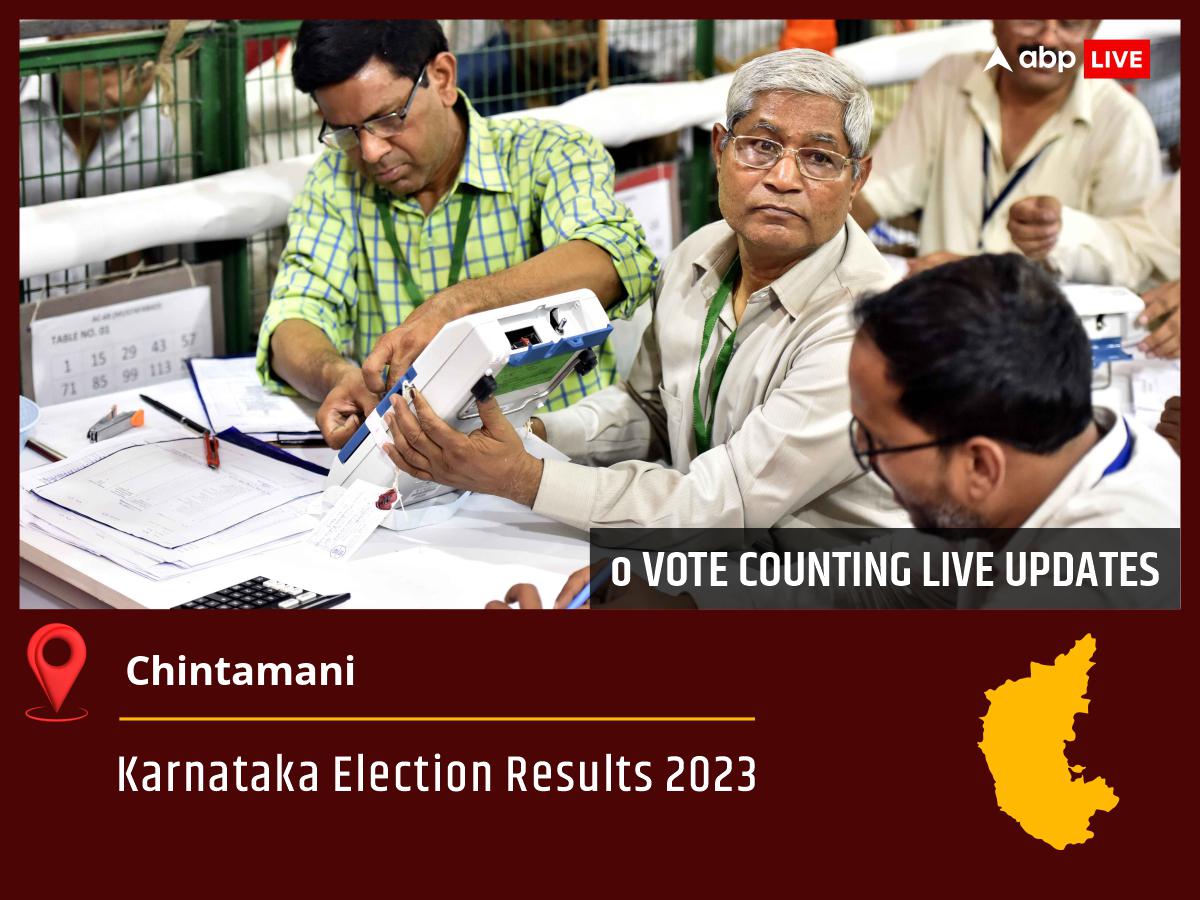
The 2023 Karnataka Assembly elections in the Chintamani constituency feature Dr M C Sudhakar as the Indian National Congress (INC) candidate, with declared assets amounting to Rs 65.5 crore. As per the election affidavit, he has a post graduate degree and is 54 years old. Dr M C Sudhakar has also mentioned 0 criminal cases registered against him, making him a top contestant in the upcoming elections. Keep track of live result updates to see if he secures his position as MLA for the third time.
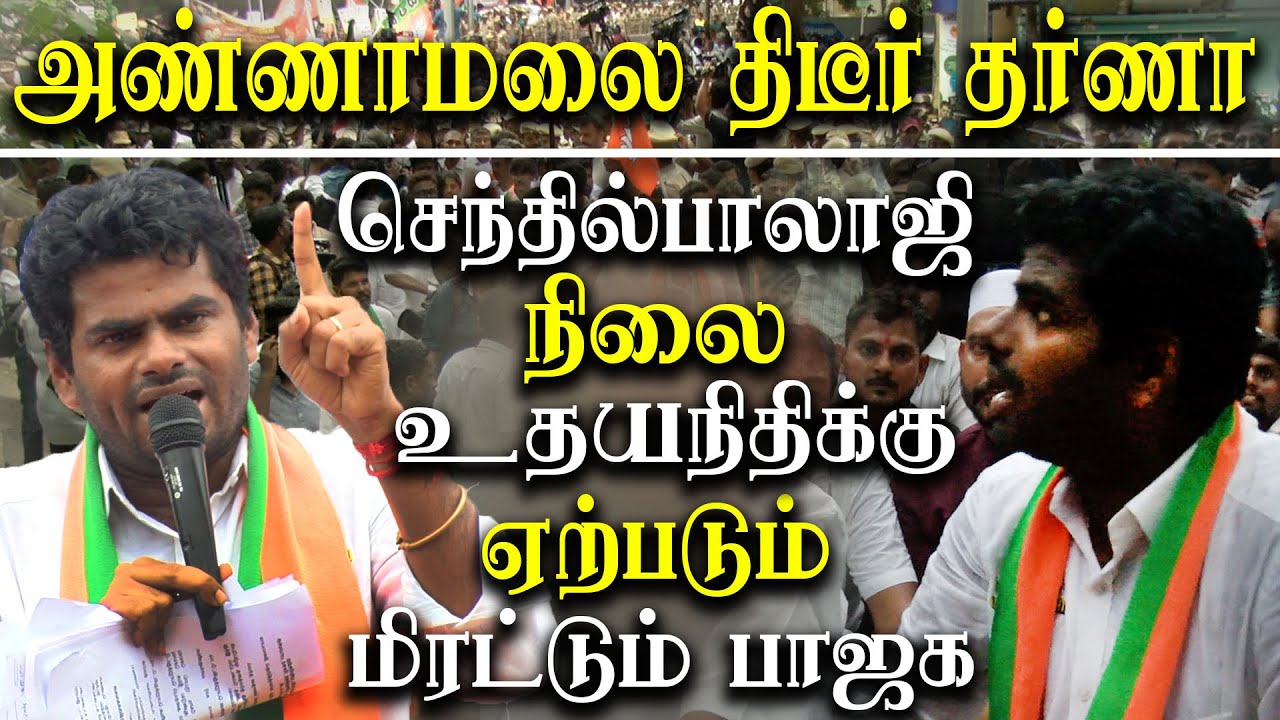
In a shocking display of protest, BJP leader K Annamalai lashes himself six times and vows not to wear footwear until DMK is removed from power in Tamil Nadu. He also plans to visit all the six abodes of Lord Muruga to complain about the situation in the state. Despite the AIADMK being the main opposition, Annamalai's dramatic move has helped the BJP seize the initiative on the sexual assault case at Anna University in Chennai. He has also called out the party's shortcomings and questioned the whereabouts of the Nirbhaya Fund.
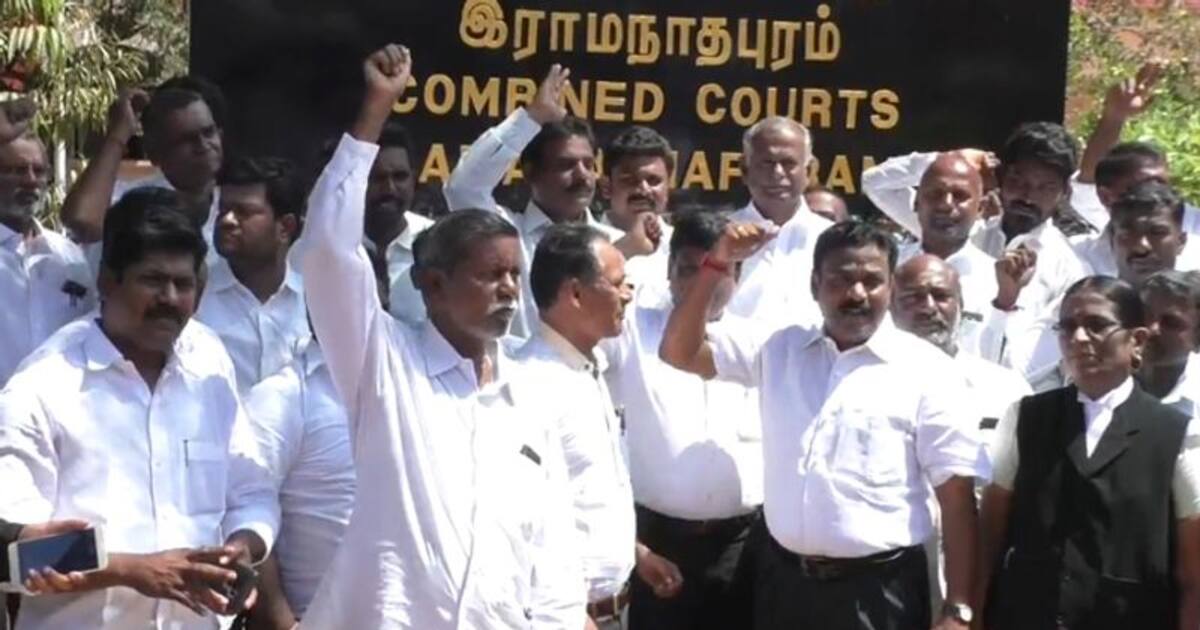
Tamil Nadu BJP chief K Annamalai staged a dramatic protest in Coimbatore, flogging himself to condemn the state police and ruling DMK party for their handling of a sexual assault case. The former IPS officer accused them of deliberately disclosing the victim's identity and announced that he will not wear footwear until the government is dislodged. The incident, which occurred on Christmas eve at Anna University, has sparked widespread outrage and calls for better protection of women's safety in the state.
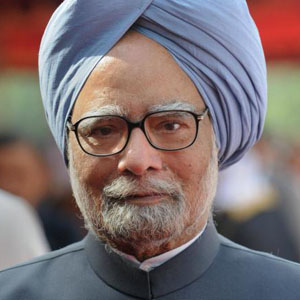
Former Prime Minister Manmohan Singh passed away at the age of 92 on Thursday at AIIMS Delhi. His death was confirmed by AIIMS in their bulletin, which led to an outpouring of condolences from leaders across the political spectrum. Singh, known for his role in shaping modern India with economic reforms, retired to his iconic bungalow in Lutyens' Delhi after stepping down from office in 2014.
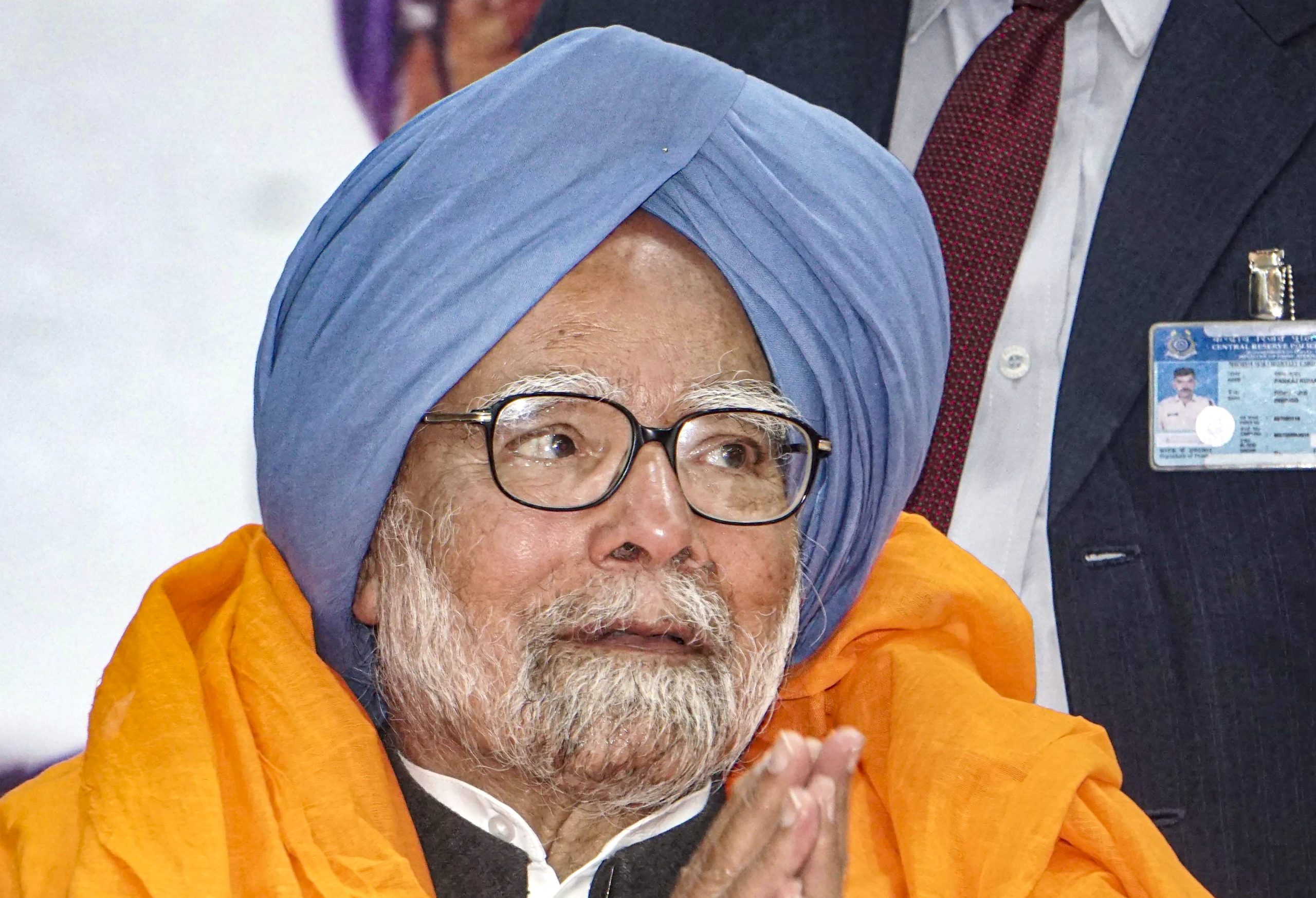
The passing of former Prime Minister Manmohan Singh at the age of 92 due to age-related health issues has left the nation in mourning. Singh, who was admitted to AIIMS Delhi on Thursday evening, is being remembered for his economic revolution and progressive changes during his tenure. Political figures, including Priyanka Gandhi's husband Robert Vadra, have expressed their condolences for Singh's family and praised his service to the country. This is a developing story, stay tuned for updates.
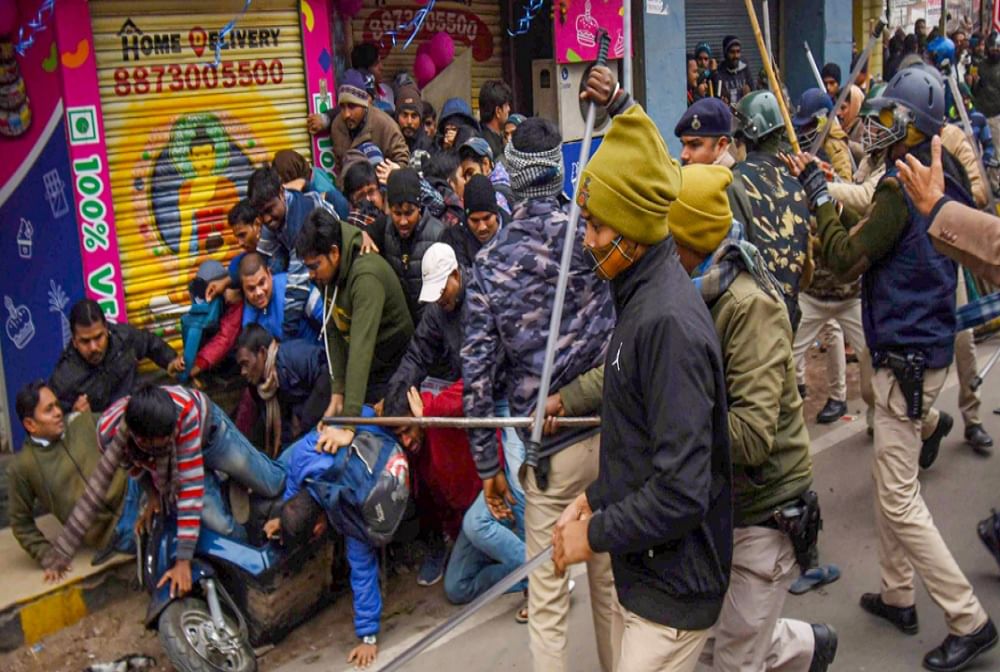
The streets of Patna, Bihar have been filled with chaos and tension as aspiring candidates for the Bihar Public Service Commission (BPSC) staged protests and attempted to gherao the BPSC office. With allegations of irregularities in the BPSC exams, the aspirants are demanding the cancellation and re-examination of the exam. The situation escalated when the protesting students were met with force by the police, leading to a standoff between the two groups.
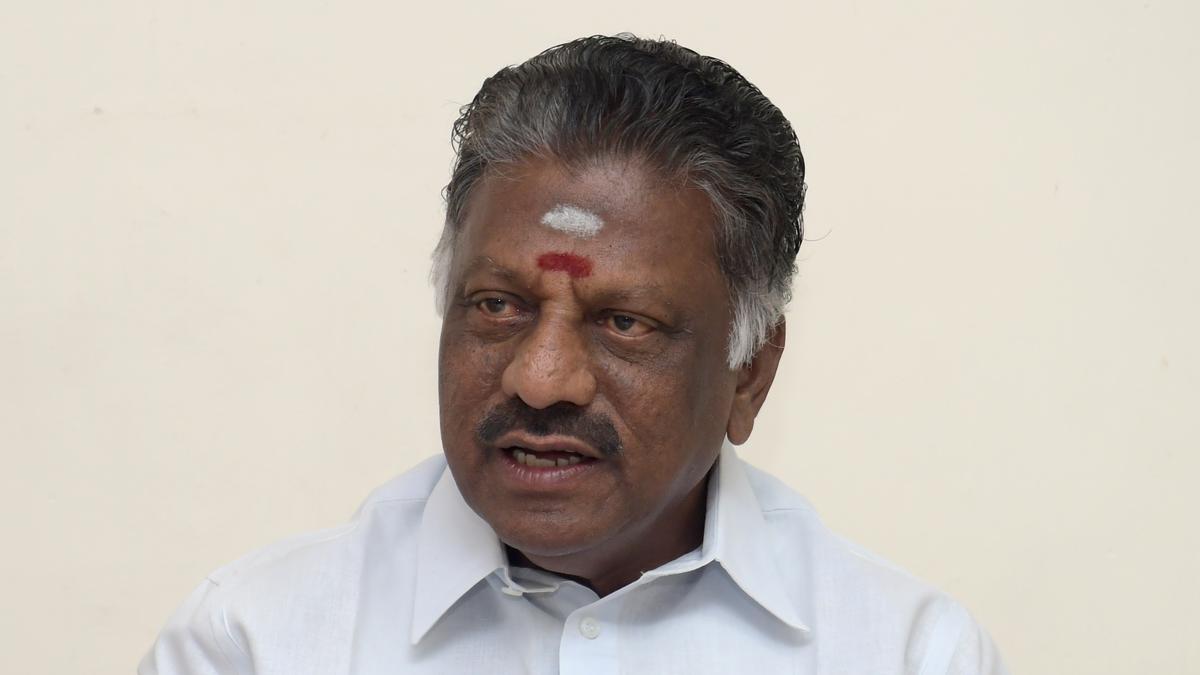
A viral post claims that Udhayanidhi Stalin mocked Hinduism and proclaimed himself as a proud Christian. However, our investigation revealed that the video was edited to misrepresent Stalin's remarks. In his full speech, Stalin also identified as a Muslim and a Hindu, promoting religious equality and unity. Reports and the original footage of the speech further prove that the viral video was misleading.
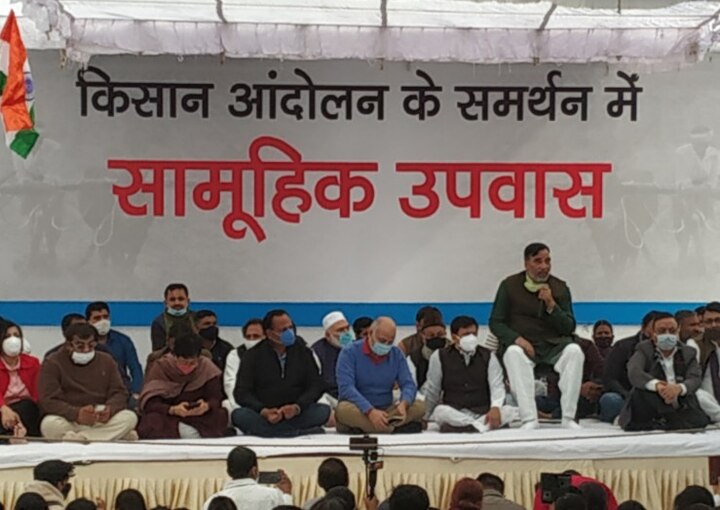
A delegation of Aam Aadmi Party (AAP) leaders, including prominent Ministers and MLAs, visited the Khanauri border to meet Jagjit Singh Dallewal, who is on a hunger strike for farmers' rights. Concerned about his deteriorating health, they urged him to seek medical treatment. The party also criticized the Central government for failing to fulfill its promises to the farmers and offered their support in the ongoing struggle.
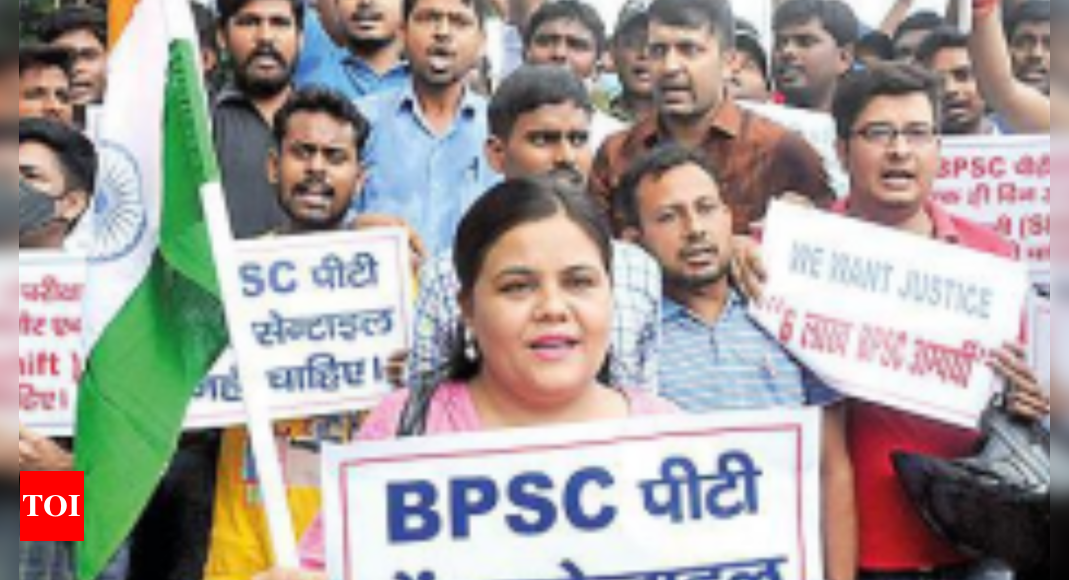
Aspirants of the Bihar Public Service Commission (BPSC) have been protesting for eight days now, demanding a re-examination of the 70th BPSC exam. Independent MP Pappu Yadav has joined the protest and appealed to opposition MPs and MLAs to show their support. YouTuber and educator Faisal Khan, known as Khan Sir, has also joined the protest and urged the BPSC to consider the plight of the students. The BPSC aspirants have previously met Bihar BJP President Dilip Jaiswal and have also protested against changes in the exam pattern and the normalisation process.